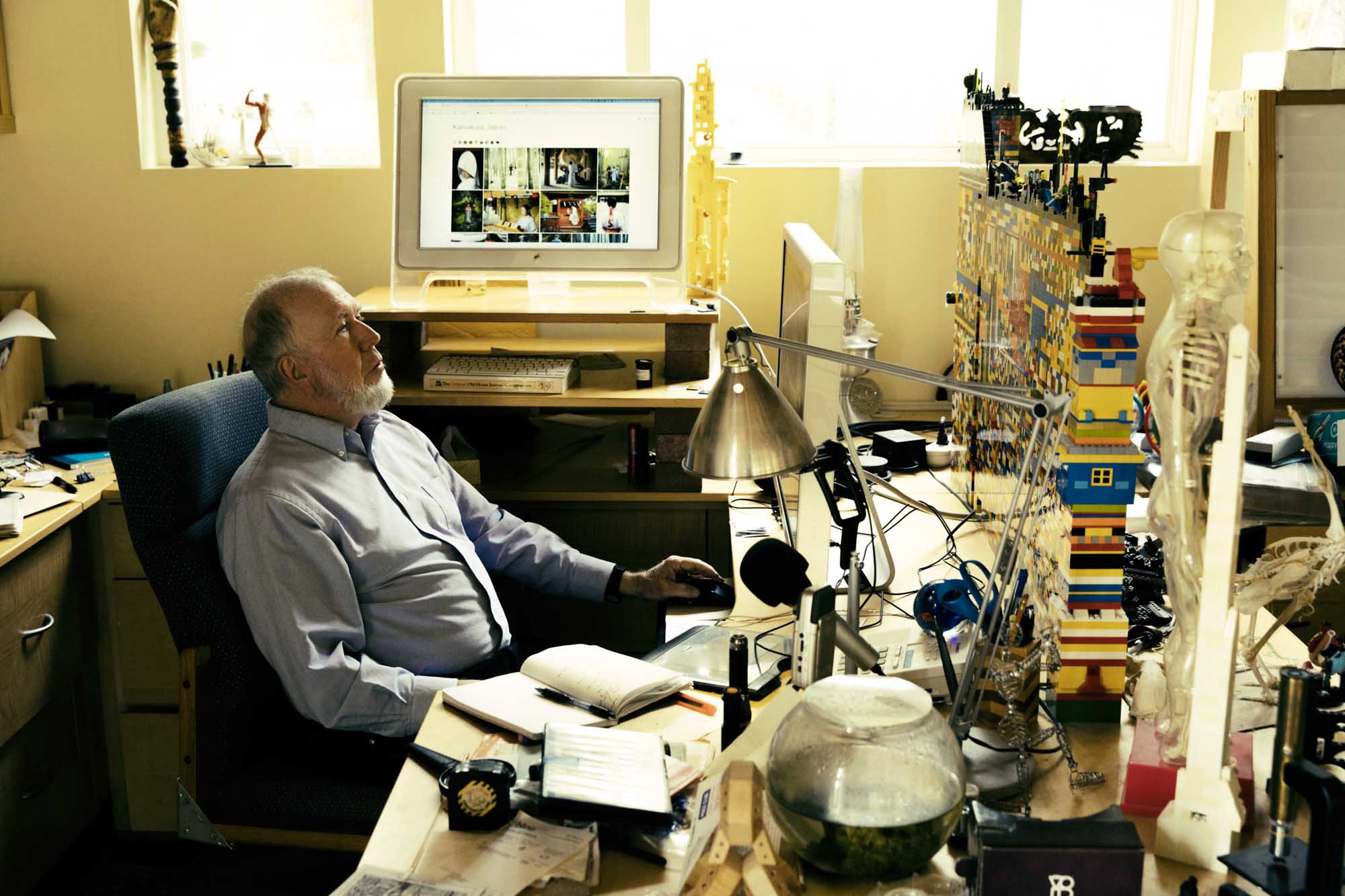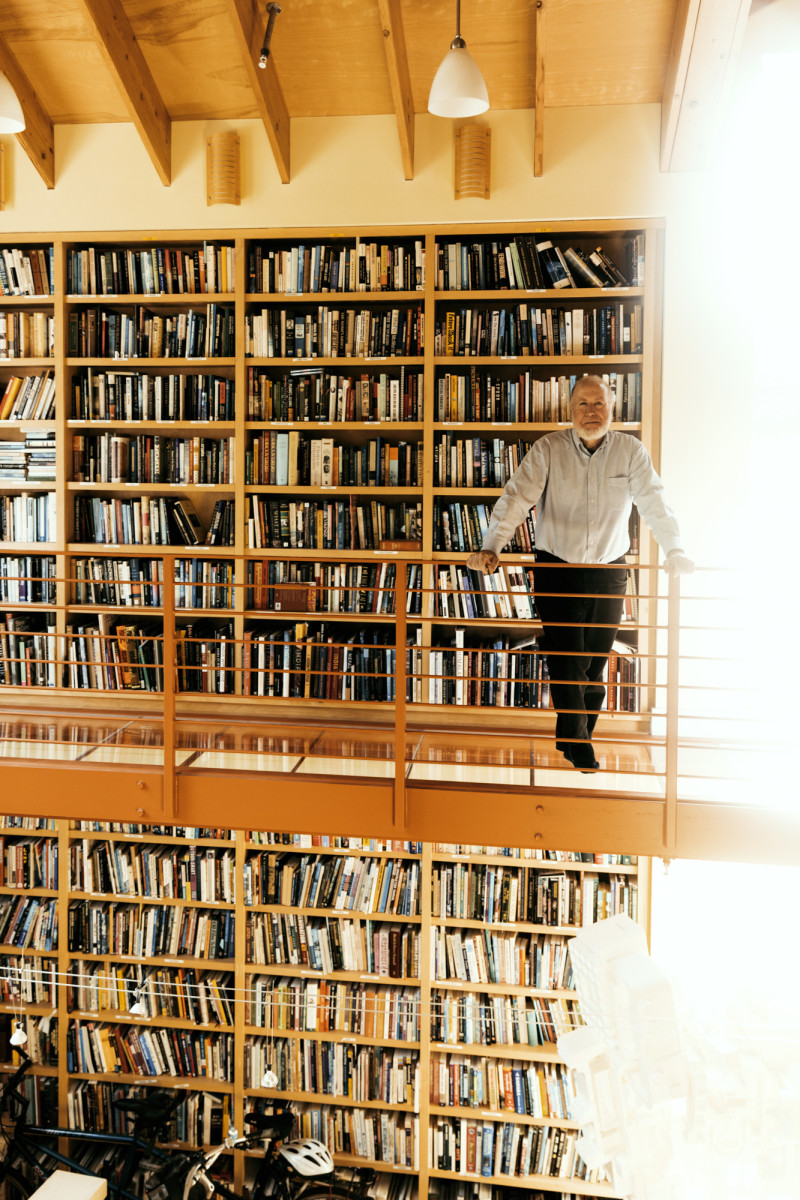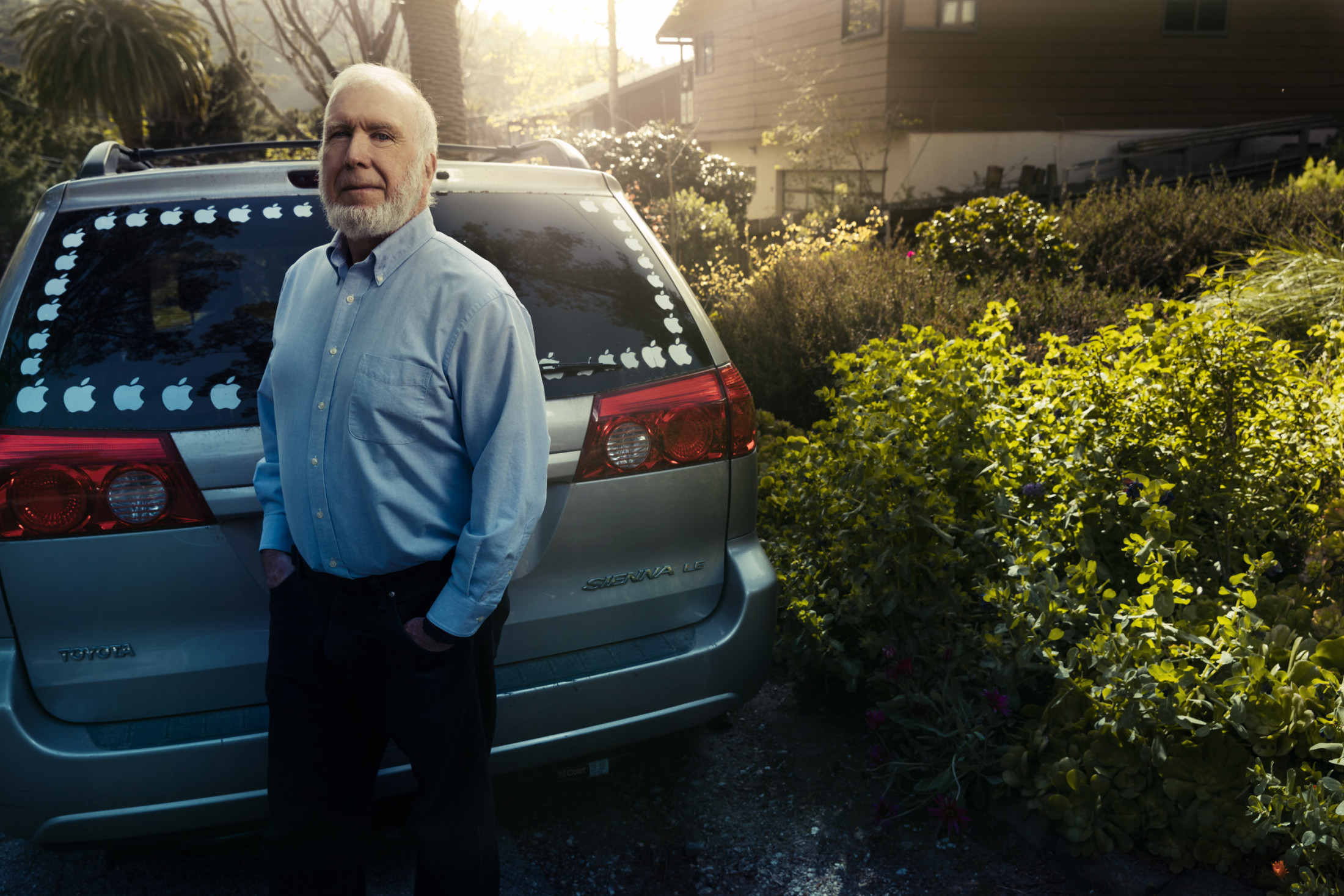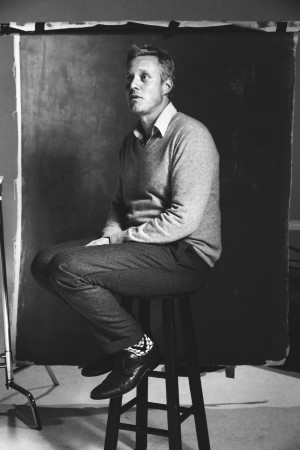Renowned tech guru and futurist Kevin Kelly built his career on a knack for knowing what’s next. A hippie and college dropout, he found his way into magazines in the 1980s as editor of the beloved counterculture quarterly Whole Earth Review. In 1993, he co-founded Wired, where he played a key role in shaping its voice and vision (today he holds the title “senior maverick”). He’s written several books including the enduringly popular “New Rules for the New Economy: 10 Radical Strategies for a Connected World”(1999) and The New York Times bestseller “The Inevitable: Understanding the 12 Technological Forces That Will Shape Our Future” (2016). When not reporting from the frontlines of digital culture or traveling the international lecture circuit, Kelly juggles several ongoing projects including his Recomendo newsletter and his gadget blog, Cool Tools. The Caret caught up with him to talk about—what else—the future.
Hi Kevin. Thanks for taking the time to chat. We know you’re a busy guy. In addition to all the projects we mentioned, are you working on anything new?
I’m writing a piece for Wired that’s about the subject of my new talks. It’s a very large thing that doesn’t have a good name because it’s so brand new. Some people call it the metaverse. Basically it’s the spatial representation of the real world — its digital twin — that you can see with VR goggles or on any screen. It’s a virtual space as big as the globe that incorporates every building, even your living room.
That sounds like a game-changer.
I think it will be the new big platform that will emerge in the next 10 to 20 years. It makes the world machine-readable and subject to algorithms...for better and worse.
What’s the better?
Well, in a utilitarian way it’s very useful to have a digital twin to manage, it’s like having a spreadsheet of the real thing. Companies like GE use them to troubleshoot, simulate, and repair. Secondly, all the things that we do with information we will now be able to do with places and objects: search for them, index them, summarize them. You will be able to search for anywhere in the world where there’s a street lamp next to a mailbox that’s within six feet of the curb. And thirdly, because it’s 3-D volumetric it will be immersive. The internet will become an internet of experiences instead of an internet of information. Of course, there will be games but there will also be huge leaps in being able to educate and have experiences of all types that we simply couldn’t share before or couldn’t have before.
And the worse?
There will be challenges over notions of what’s private and what’s public as well as ownership and control. Like our likeness. Some people might say you own your face but it’s the most public thing you have. So is our identity really ours at all? And who owns this version of my house? Do I own it? Who owns the curb? The issues that we’re playing with already with social media will continue to intensify.
What are those exactly?
How we decide what is true. How and when we trust. And then there’s the economic model. How will this work? Right now, we’re in the attention economy where we surrender our attention either through ads or engagement and in theory that’s paying for it. But there seems to be an asymmetry there that favors large systems over individuals. And who’s running everything, is it open? Is it nonprofit? Is it international? Finally, AI will be in the basement, powering this entire thing, tracking all our behaviors down to our microexpressions. So the premise is compounded by artificial intelligence and all the issues it has with bias, ownership etc. But I view all of these challenges as opportunities. A lot of the time, we will solve them with social institutions and education. Other times, we will need new technologies to solve the problems made by the current technologies. But in each case, these are opportunities for betterment and I think overall it’s going to be a much better world.






